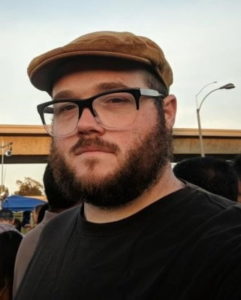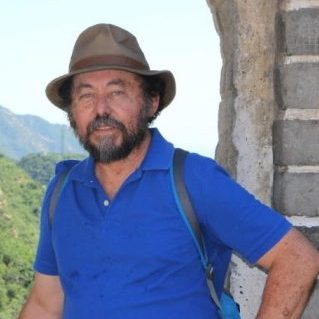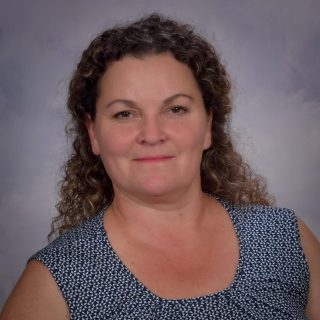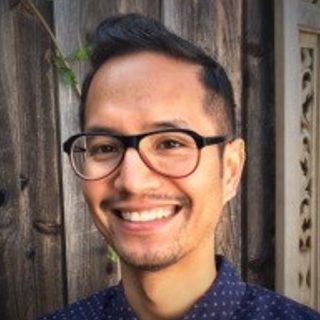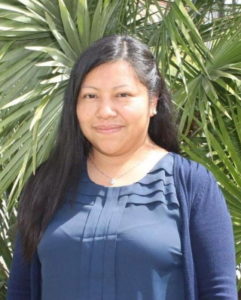
Petrona Gregorio-Pascual, MA, PhD Candidate
Doctoral Research Assistant, Intervention Methods Group
Mrs. Petrona Gregorio-Pascual is a Doctoral Research Assistant at the SDSU HealthLINK Center. She has a master’s degree in experimental psychology from California State University San Marcos and is currently pursuing a Doctor of Philosophy in Public Health (Heath Behavior Track), in the SDSU-UCSD Joint Doctoral Program. As a Doctoral Research Assistant, Mrs. Gregorio-Pascual is working with Dr. Guadalupe X. Ayala on analyzing multiple research studies on healthy eating and beverage consumption. Her research interest has focused on studying children and adults’ sugar-sweetened beverage consumption. Mrs. Gregorio-Pascual also acquiring fidelity coding skills by working on an NIDDK-funded study led by Dr. Brian Saelens at Seattle Children’s Hospital. The research project is called SHIFT and Dr. Ayala is a subcontract PI on this study.
See Mrs. Gregorio-Pascual’s profile for details on publications and projects.
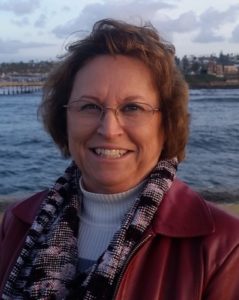
Kim Finley, PhD
Co-Investigator, Biomedical Methods Group
Dr. Kim Finley is an Associate Research Professor at the Shiley BioScience Center at SDSU. She received her Doctor of Philosophy from the Department of Medicine at UCSD and was a PostDoctoral Researcher and Staff Scientist in the Cellular Neurobiology Laboratory at The Salk Institute for Biological Studies. Her work has largely focused on the molecular-genetic mechanisms that regulate neural development, function and age-related degeneration. At SDSU, she leads a team of scientists who investigate the aspects of a key clearance pathway called autophagy. Autophagy is essential for the removal of damaged cellular material and pathological protein aggregates. Her work has shown that autophagic function is critical for longevity and the long-term function of the nervous system. Pathway defects are closely associated with accelerated aging and common degenerative disorders, including Alzheimer’s Disease. Recently, Dr. Finley’s work has expanded beyond Drosophila genetics, and has taken an integrative approach to identify factors that slow the progressive decline of the nervous system. Ongoing studies involve transcriptomic profiling following dietary manipulations, drug discovery and an examination of the dynamic physiological processes involved with severe and mild repetitive traumatic brain injury. These studies have largely centered on the ability that autophagy, stress response and inflammatory pathways have on neural aging and traumatic brain injury outcomes. Dr. Finley also serves as a Co-Investigator on the Research Infrastructure Team at the SDSU HealthLINK Center.
See Dr. Finley’s profile for details on publications and projects.




